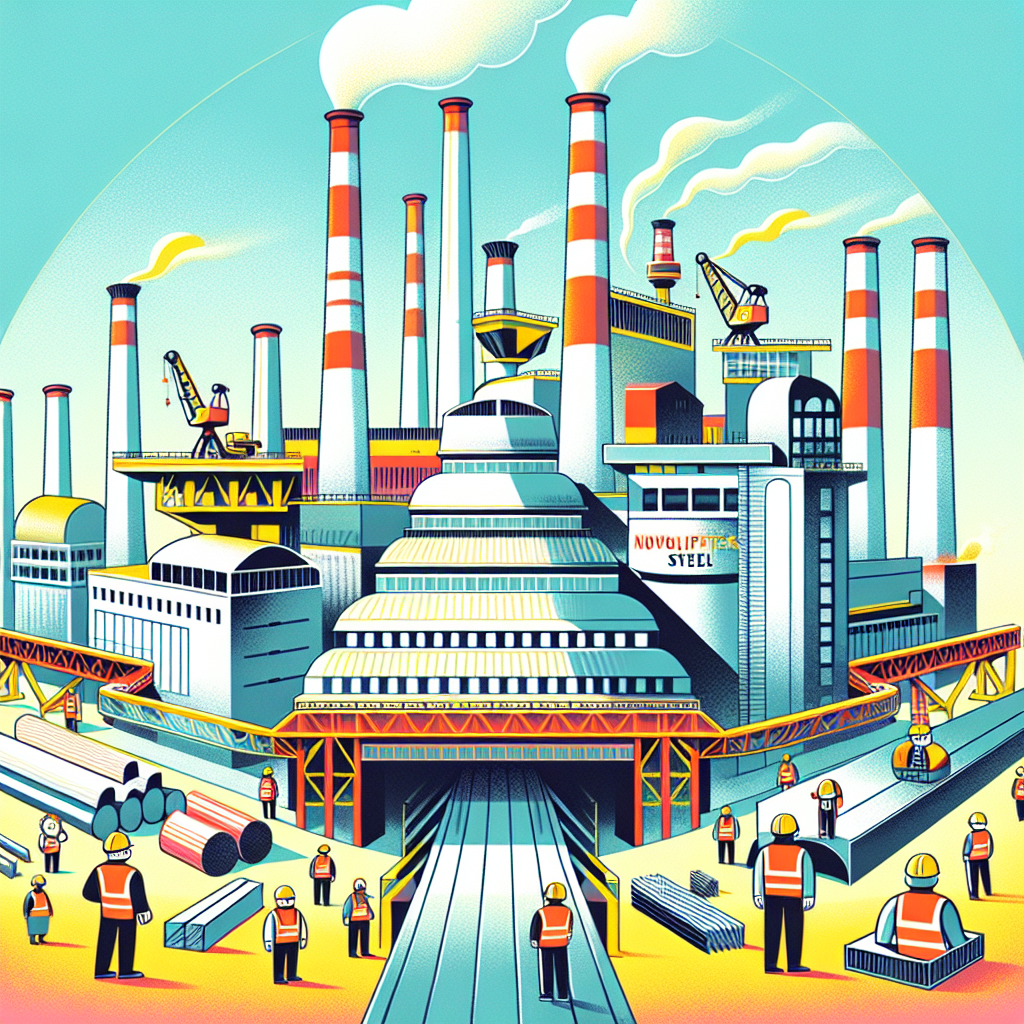Streamlining Steel: Addressing India's Import Challenges
Over 10,000 steel user units in India face financial and operational challenges due to prolonged port delays and burdensome regulatory requirements. The Global Trade Research Initiative suggests streamlining import processes, digitizing systems, and scrutinizing Free Trade Agreements to support the sector and boost competitiveness.

- Country:
- India
India's steel user industries are grappling with significant challenges, as over 10,000 units confront operational and financial strains linked to port delays and rigid regulatory demands. The Global Trade Research Initiative (GTRI) has called on the government to address these issues by rationalizing import processes and embracing digital solutions.
Policies designed to shield domestic steelmakers, such as import restrictions and stringent quality controls, have inadvertently impacted industries reliant on imported steel. GTRI emphasizes the importance of thoroughly examining Free Trade Agreements that allow Indian businesses to team up with foreign firms for steel imports at reduced rates, complicating the competitive landscape.
The think tank argues that improved policies, including enhanced steel import monitoring and reforming customs requirements, are essential for preventing further disruptions. By refining these processes, India can uphold its steel sector's growth and competitiveness while safeguarding its role in global manufacturing.
(With inputs from agencies.)










